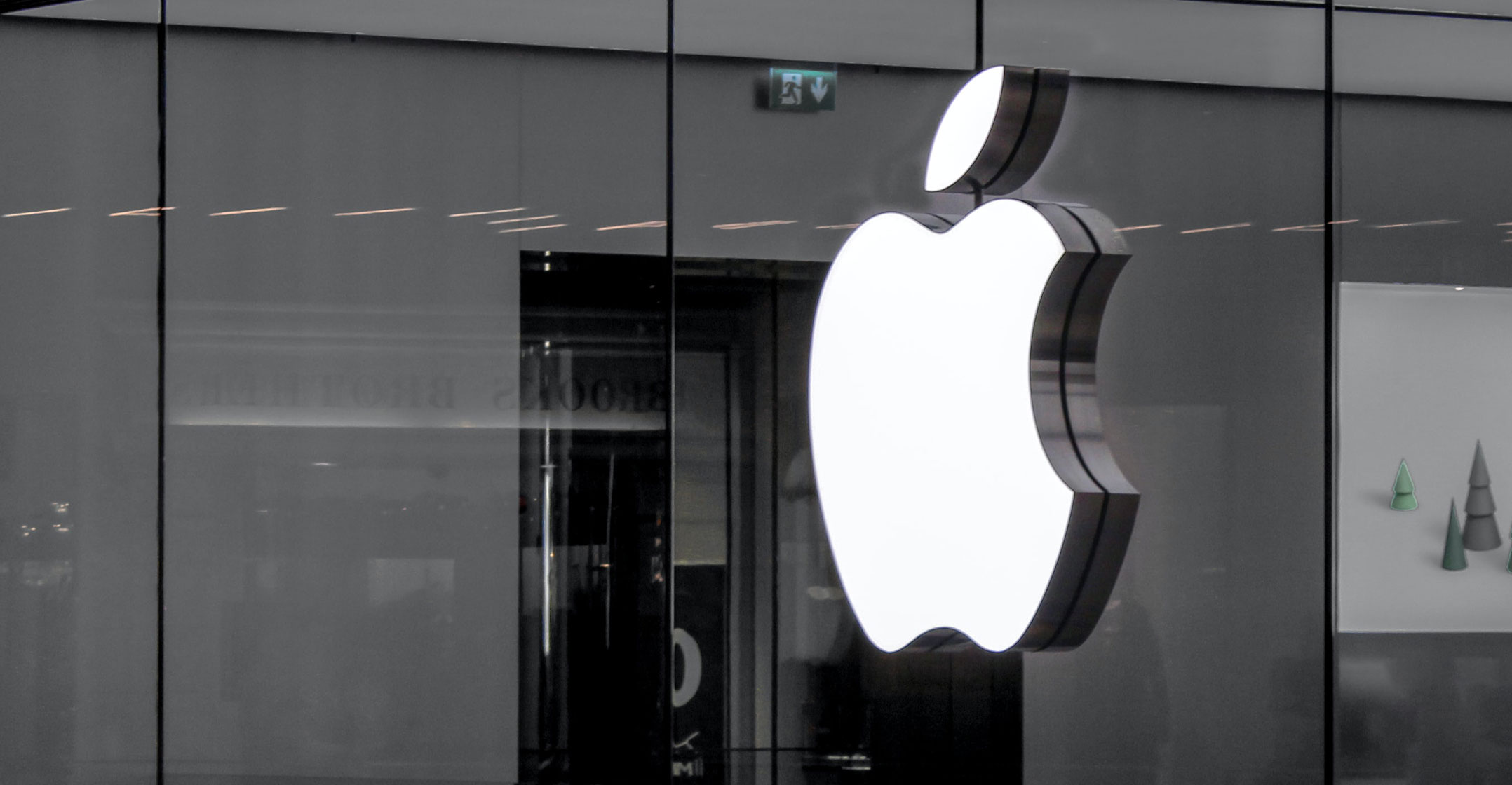
Apple venturing into cars might shake up the electric vehicles market in the same way the iPhone revolutionised the mobile communications industry in 2007. So says Morgan Stanley.
The world’s biggest company by market value plans to launch a car with full self-driving capabilities by 2025. The US$10-trillion global mobility market is up for grabs and if Apple enters the space, it could be a “clear negative” for car makers such as Ford and Tesla, Morgan Stanley car industry analyst Adam Jonas wrote in a note.
Apple shares rose nearly 3% to a fresh all-time high on Thursday, wrestling back its crown as the world’s most-valuable listed company from Microsoft. Even if the firm were to take just a 4% share of the global mobility market, Morgan Stanley sees its revenue base doubling as a result.
And there’s more: If cars can drive themselves, people could use time otherwise spent at the wheel on their iPhones.
Apple’s entry to any industry has regularly proved to be a catalyst in scaling up new technologies. Be it smartphones, tablets or smartwatches, the company’s product launches almost always lead to an expansion of the relevant market, and to Apple taking a significant share of it.
“Our experience suggests an even greater bias to the upside on autonomous vehicles adoption within a few years of an Apple Car launch,” Morgan Stanley technology analyst Katy Huberty wrote in a separate note.
While computer-driven cars are still some way off, the holiday shopping season is about to start. Recent gains in Apple and Amazon.com shares suggest investors are more optimistic that the companies can overcome supply chain snags in the most important retail quarter of the year.
Best week since April
After lagging behind the broader market for most of the year, Apple is on track for its best week since April with a 5.3% advance that sent the stock to a record on Thursday. Amazon, which has fared even worse this year, isn’t far behind with a 4.9% gain.
Apple and Amazon sowed fears about the holiday season last month after their quarterly revenue projections fell short of estimates as a result of supply chain problems. Investors will be watching closely for clues about sales over the four-day period that starts with Black Friday on 26 November.
“If you’re Apple, you don’t want to have the brunt of supply chain issues hit in November and December,” said Scott Kessler, a technology, media and telecommunications analyst at Third Bridge. “A lot of these conditions seem unprecedented, and people have learnt that these risks aren’t just out there in a theoretical sense, but that they’re having a practical effect.” — By Thyagaraju Adinarayan and Ryan Vlastelica, (c) 2021 Bloomberg LP




